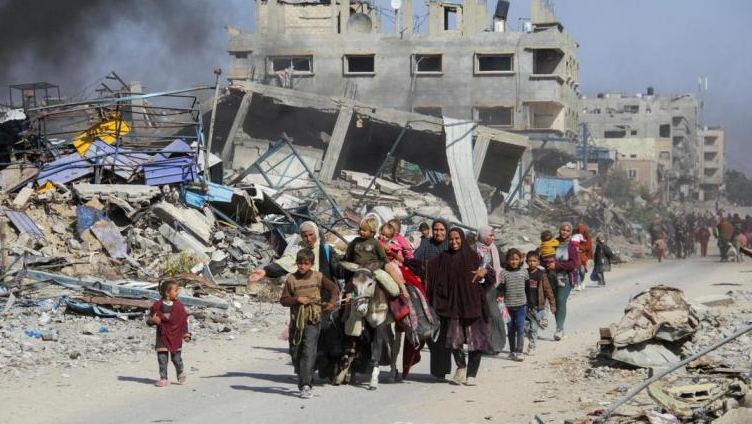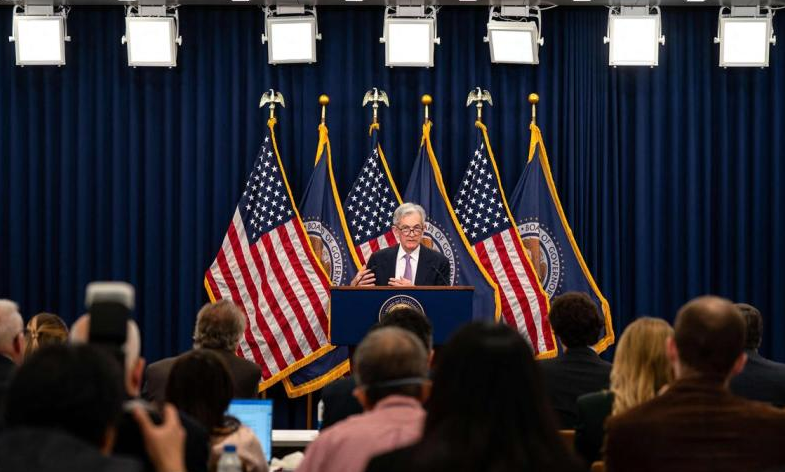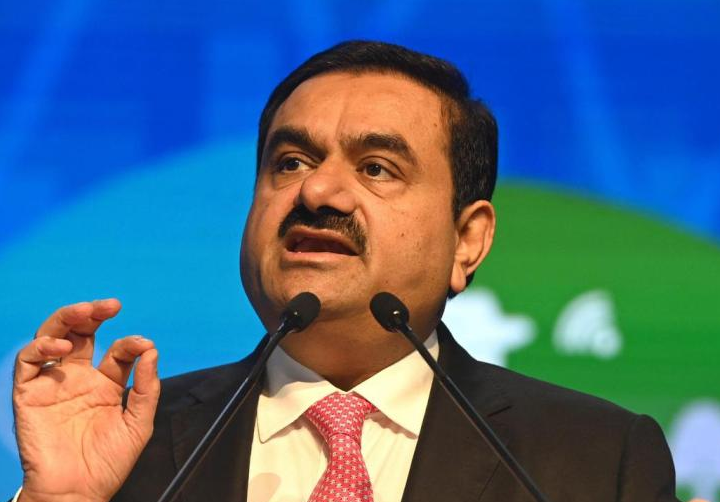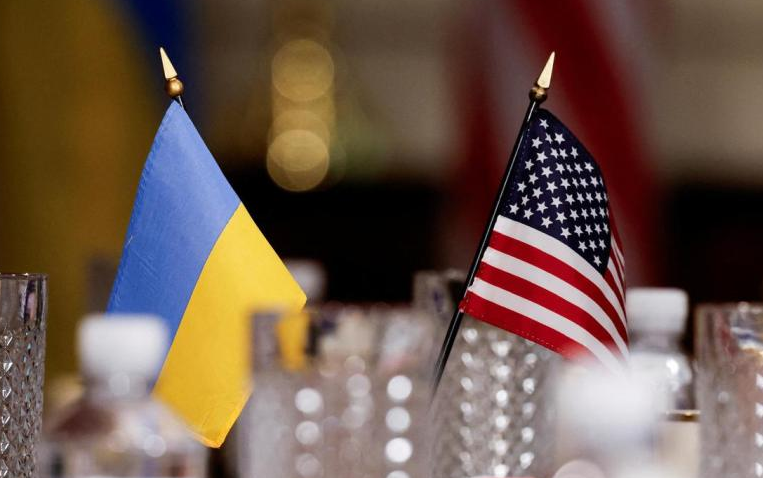
As demonstrated by the ceasefire negotiations in the Gaza Strip held in Cairo, where Hamas rejected Egypt’s proposed short-term ceasefire plan.
Although the negotiations have hit a snag, diplomatic sources reveal that discussions are ongoing with all options being considered, and both sides closely monitoring the developments in the U.S. presidential election to determine their responses.
According to reports from the Israeli newspaper “Israel Hayom,” Egypt proposed a 48-hour ceasefire to be implemented by both sides, followed by a 10-day period during which Hamas would release four Israeli hostages and Israel would release around 100 Palestinian prisoners, all while negotiating a permanent ceasefire.
Hamas has made it clear that they will only agree to a short-term agreement that includes guarantees for a long-term deal. Since Israel has not agreed to a definite long-term agreement, Egypt’s proposal does not include this assurance.
Reports from Israeli media indicate that Israeli Prime Minister Benjamin Netanyahu has presented demands in response to Egypt’s proposal, including Israeli troops stationed in the Philadelphia corridor and central Gaza. Netanyahu is willing to exchange millions of dollars for each hostage and ensure that released Hamas members and their families can safely leave Gaza.
In response to the escalation of conflict between Israel and Hezbollah in Lebanon, the Israeli military has increased its airstrikes on targets within Syria. The Israeli military stated on Monday that their airstrikes targeted Hezbollah’s intelligence headquarters in Syria, which included an independent network for intelligence collection, coordination, and assessment.
The Israeli military’s statement mentioned that the airstrikes were aimed at weakening Hezbollah’s intelligence-gathering capabilities.
According to the UK-based Syrian Observatory for Human Rights, the Israeli attack resulted in the deaths of two Hezbollah members in the southern Damascus area and hit a house on a farm used by Hezbollah and members of the Iranian Revolutionary Guard.
In a separate development, the UNRWA has accused Israel of reducing the number of aid trucks allowed to enter Gaza, exacerbating shortages of food, medicine, and other essential supplies. Despite the U.S.’s call in early October for Israel to improve the humanitarian situation in Gaza, the crisis in Gaza has not significantly improved. During a phone call on Monday, U.S. Secretary of State Antony Blinken urged Israeli Defense Minister Benny Gantz to take further action and significantly increase humanitarian aid to Gaza.








